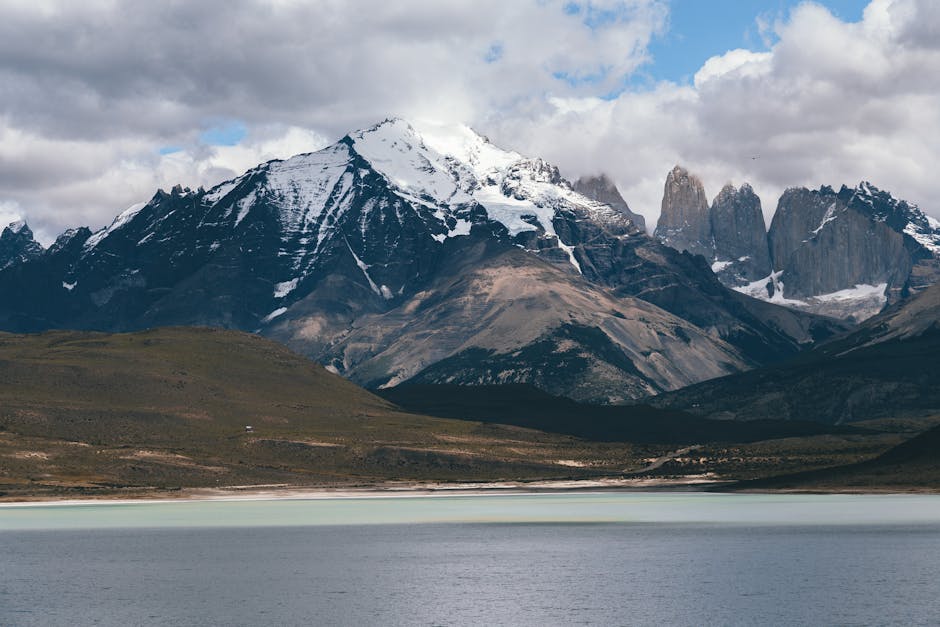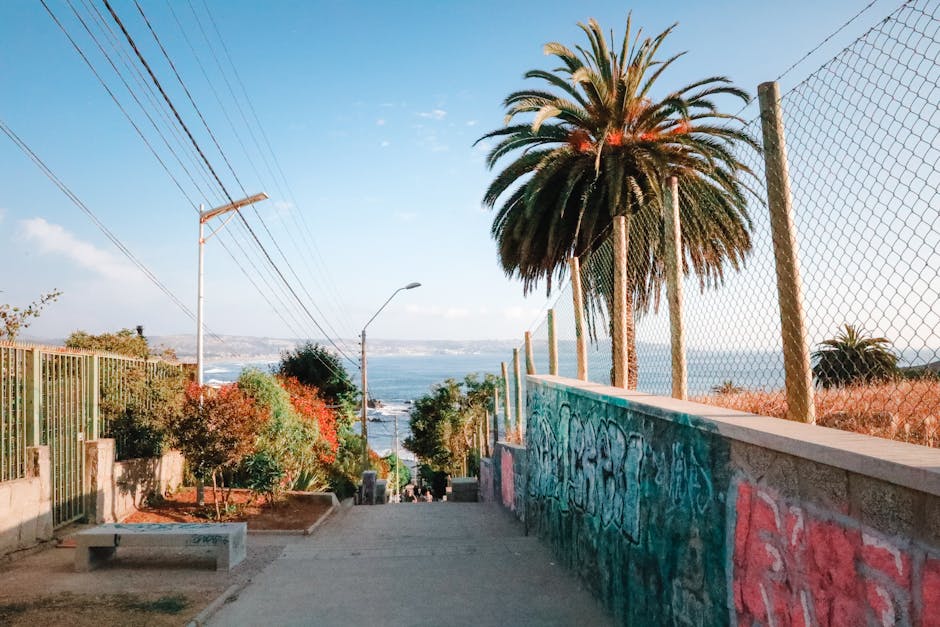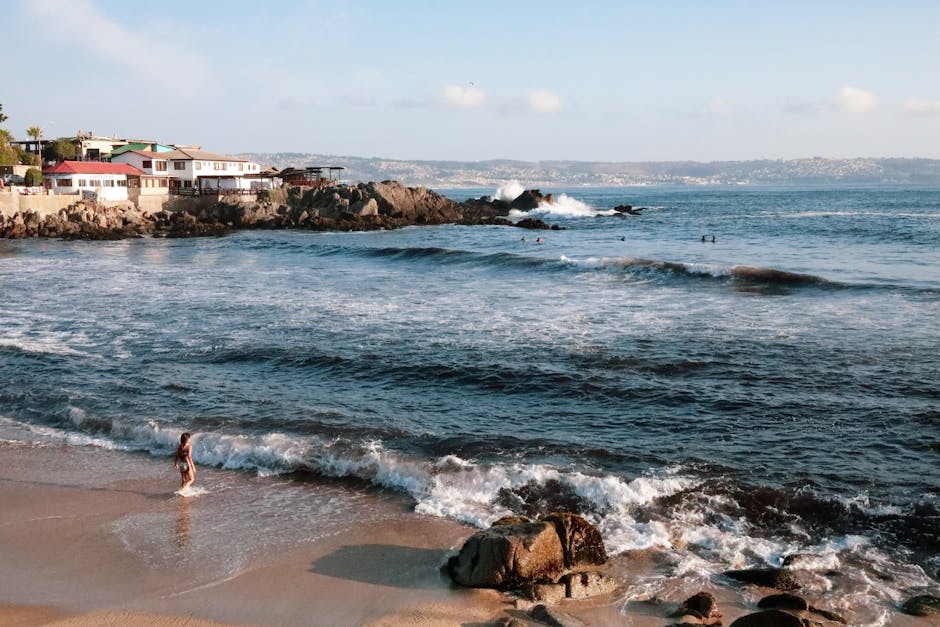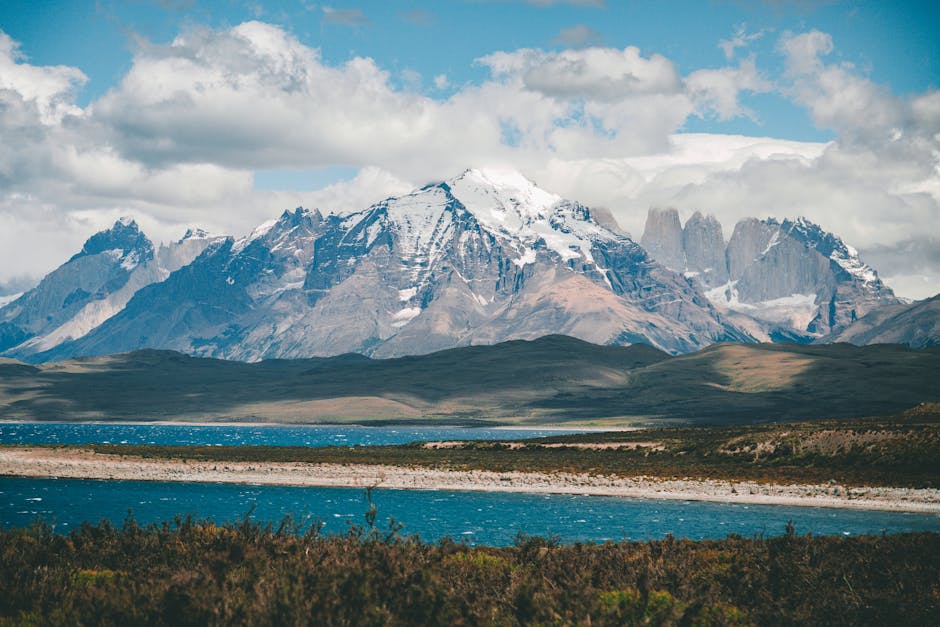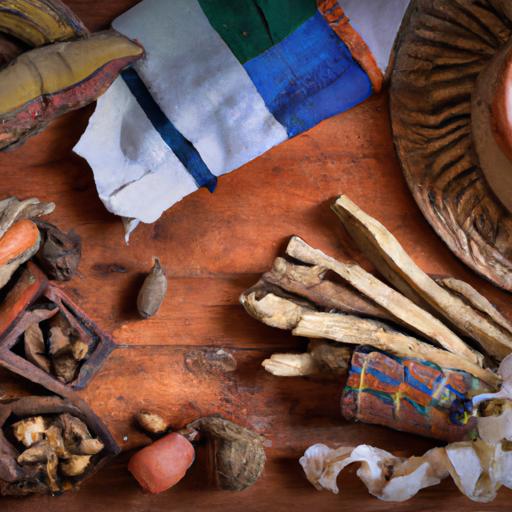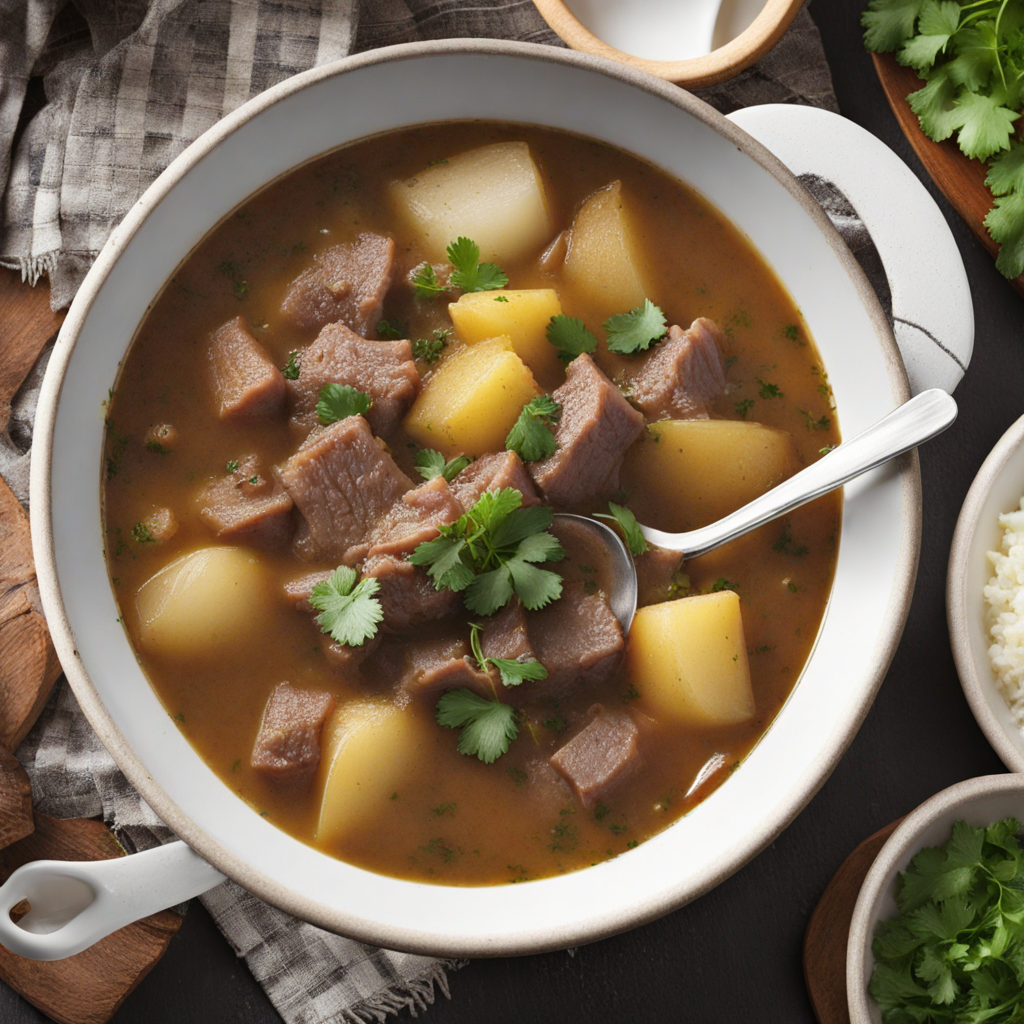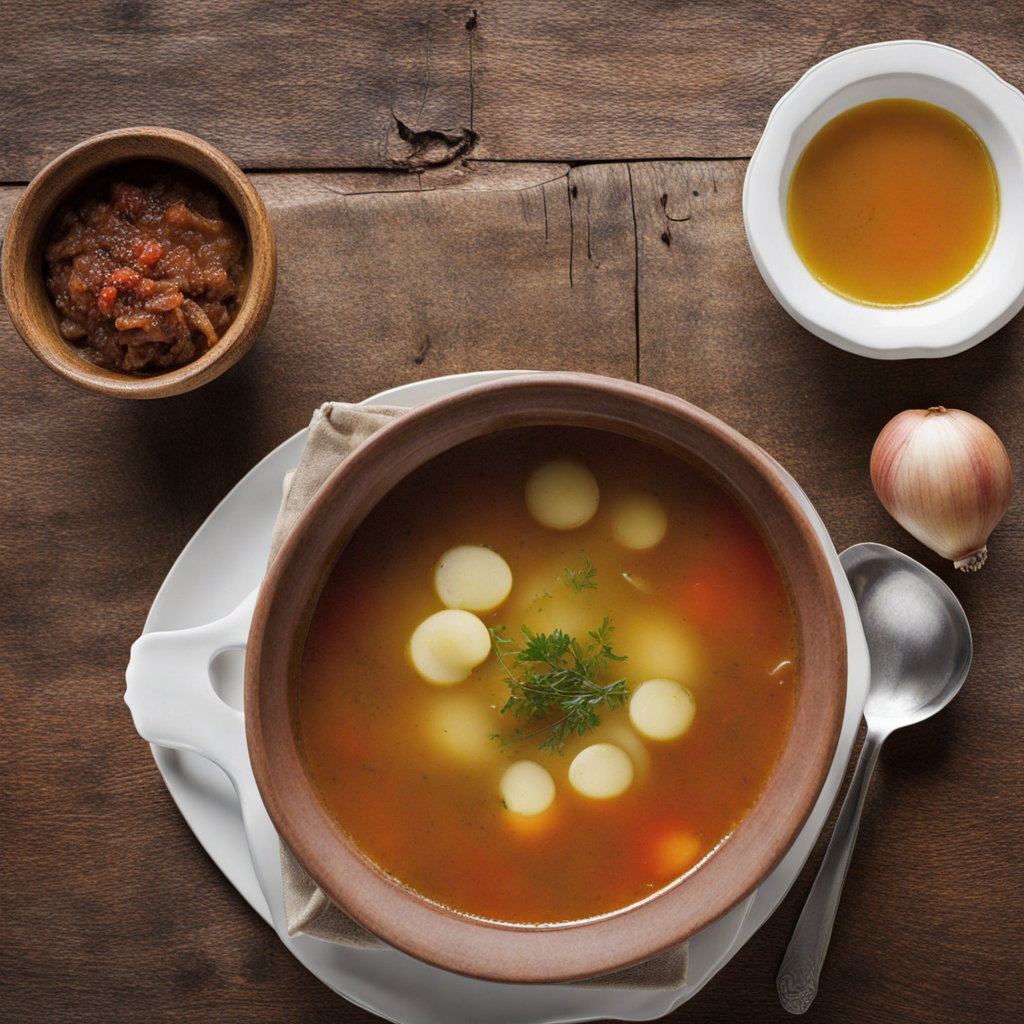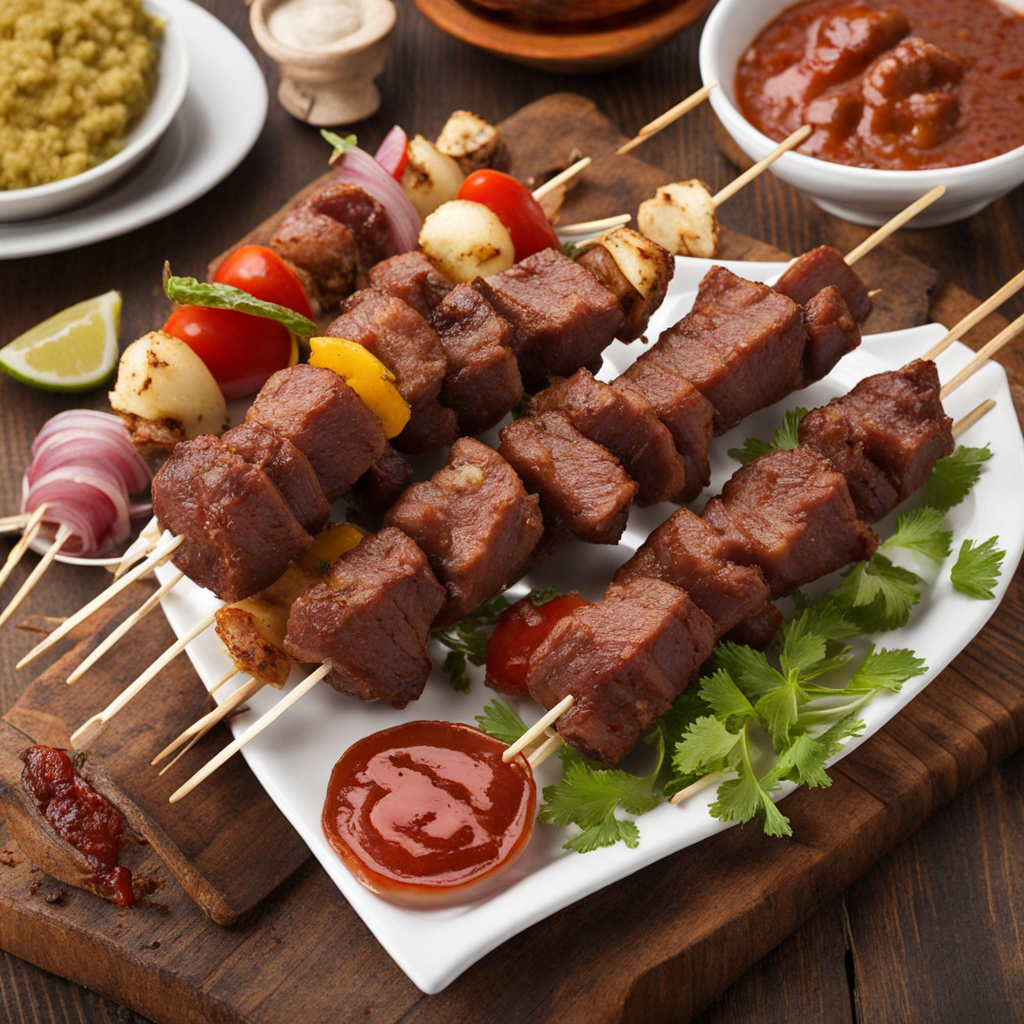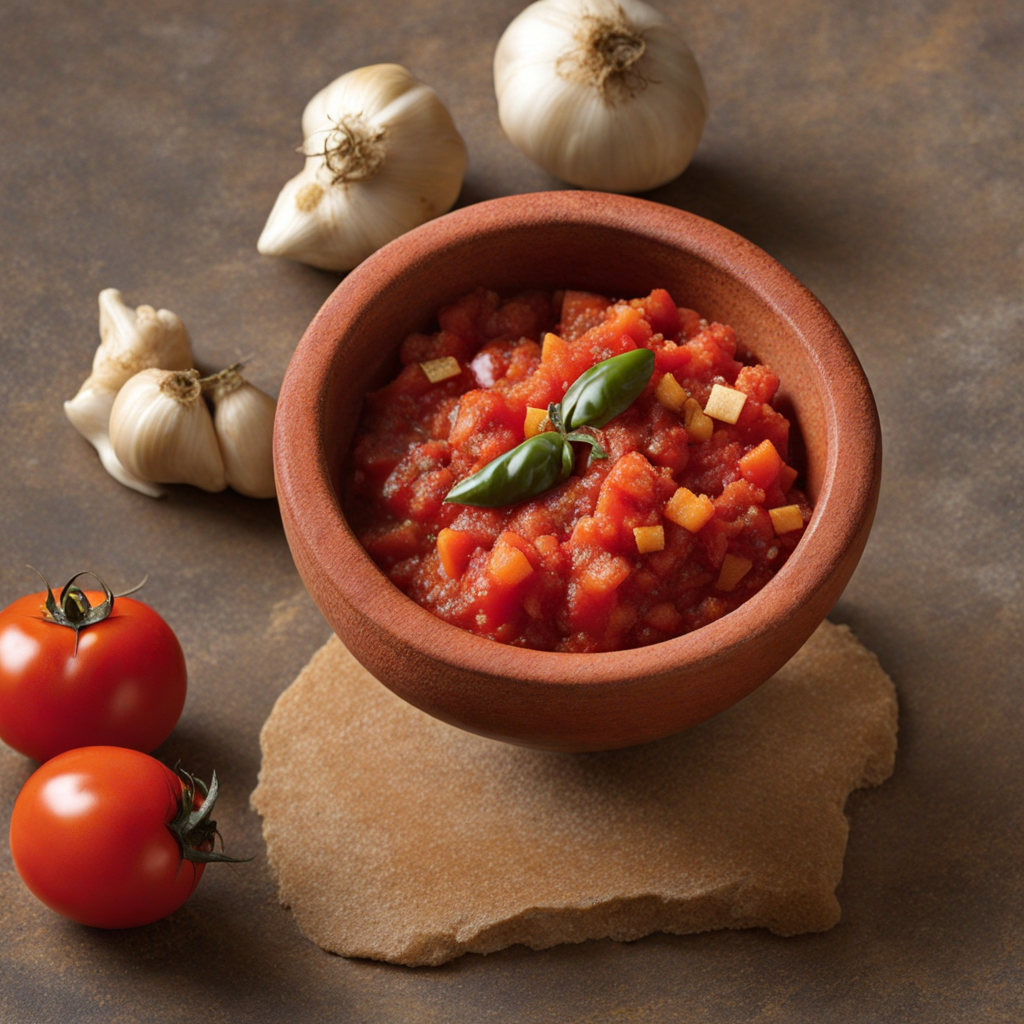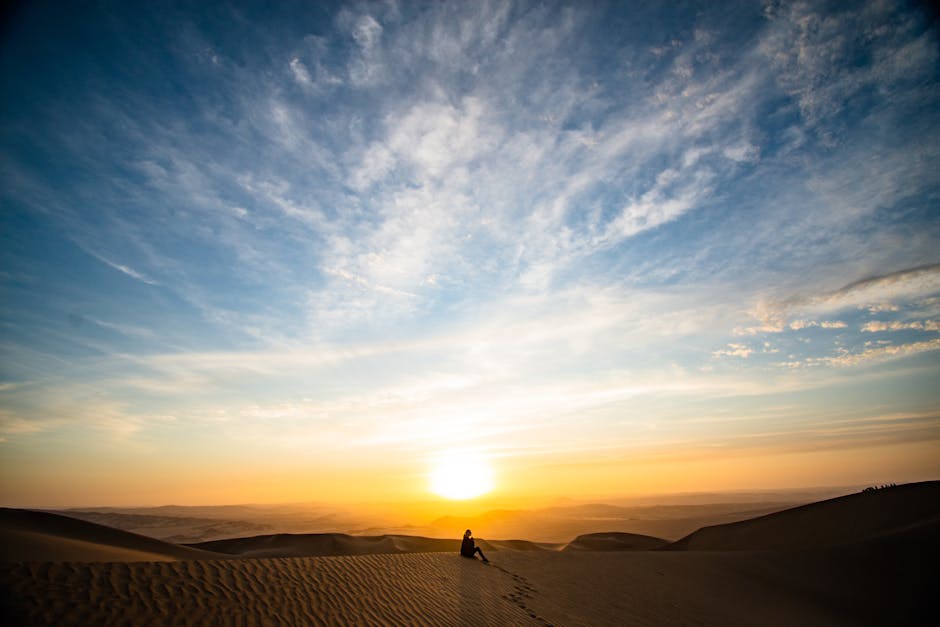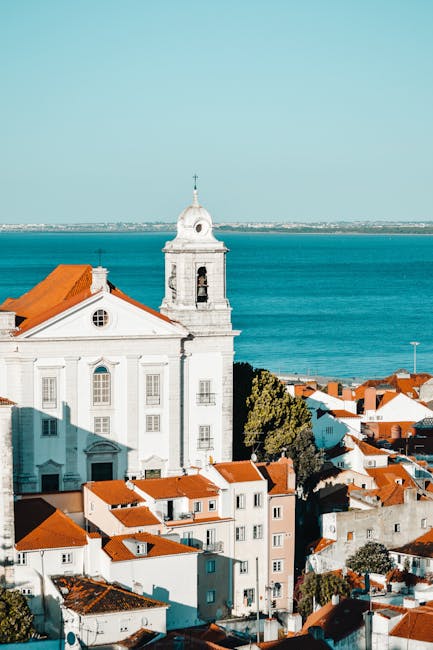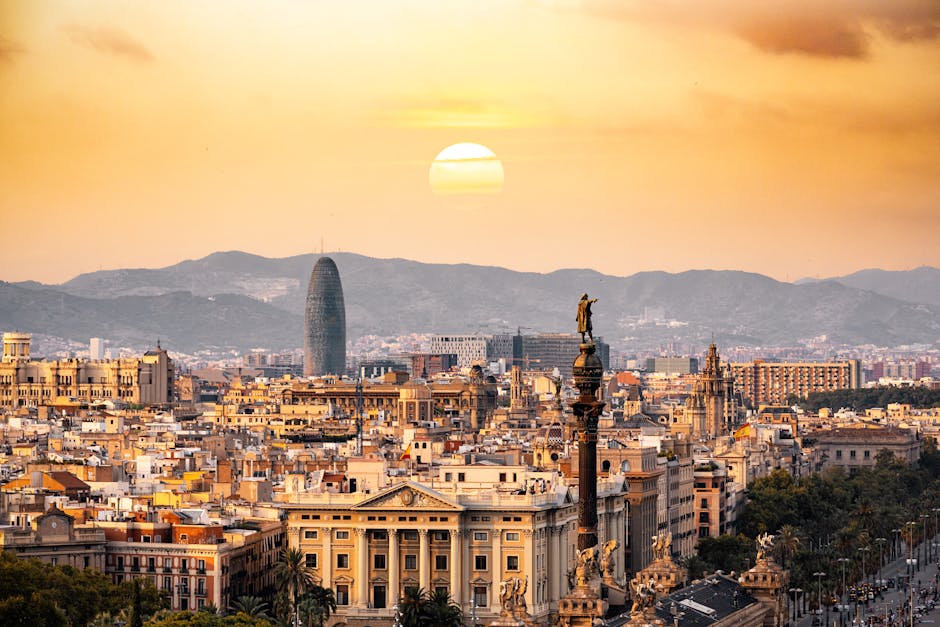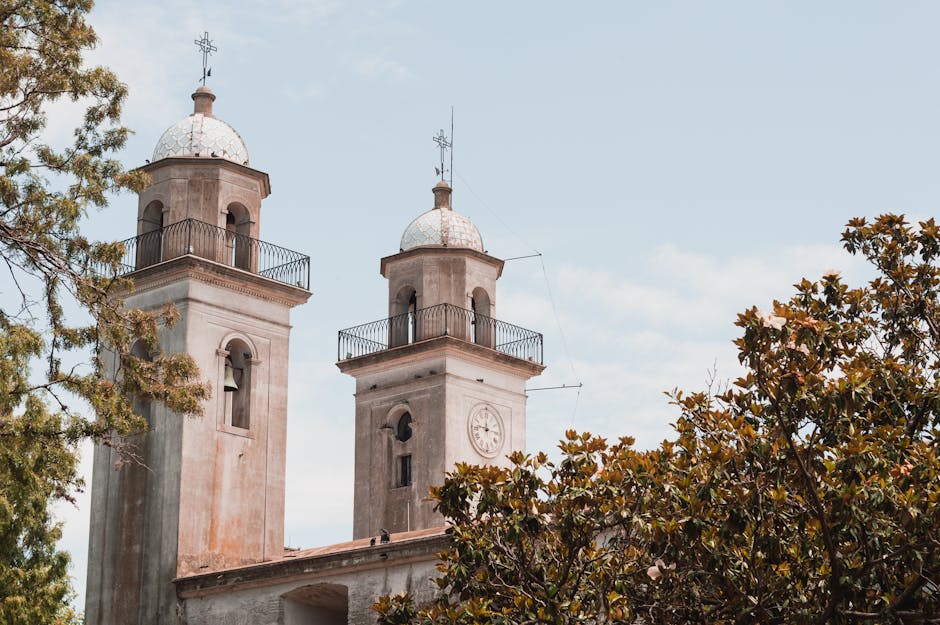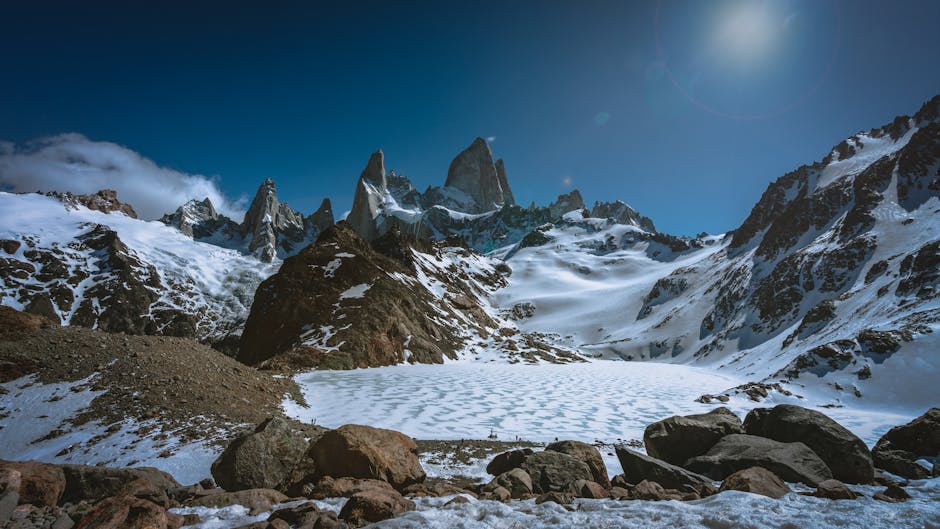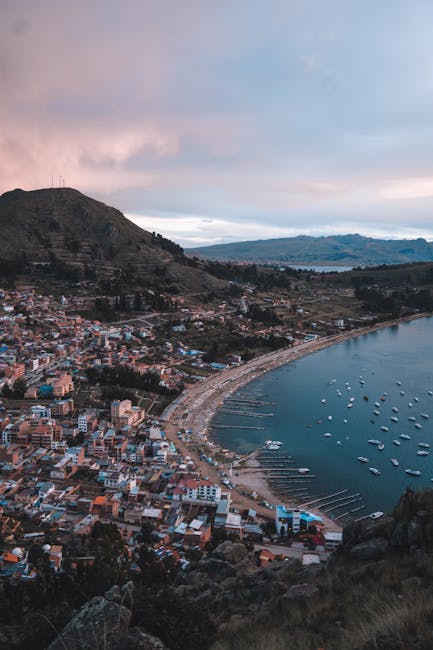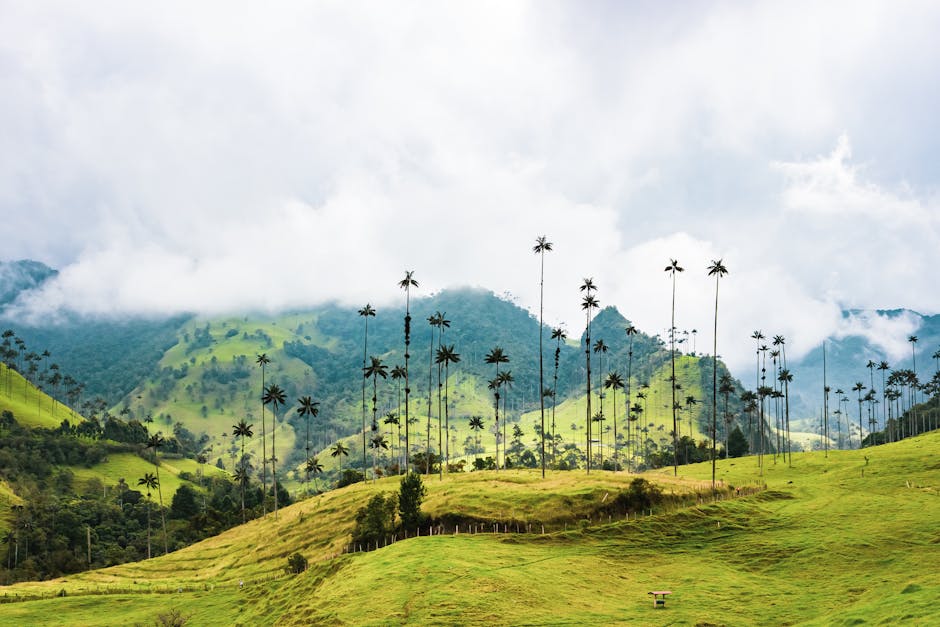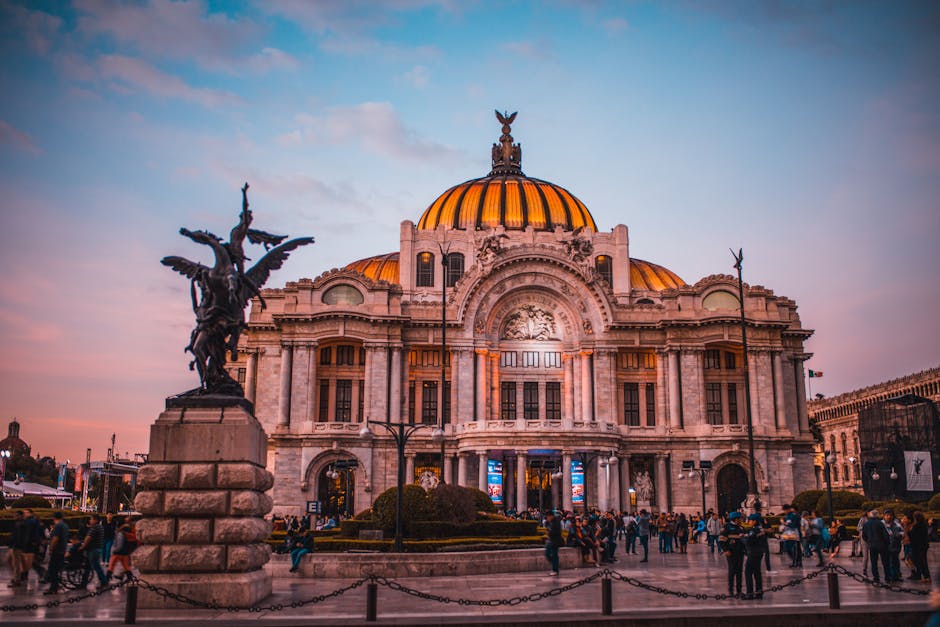Chile
Overview
Chile: A Geographical and Cultural Gem
Chile, a country stretching along South America's western edge, is a destination that offers a rich blend of culture, history, and stunning landscapes. The country is unique for its geographical diversity, which stretches from the driest desert in the world, the Atacama, to the massive glacial fields in Patagonia. Chilean culture reflects a mix of its indigenous Mapuche roots and its Spanish colonial past, offering a rich tapestry of traditions, food, music, and dance. Each region of Chile has its own unique character, giving travelers a chance to explore vibrant city life, serene vineyards, ancient cultures, and breathtaking landscapes all within one country.
Tourism Seasons and Activities
The high season for tourism in Chile is during their summer, which runs from December to February. During this time, the weather is warm and dry, making it ideal for exploring the beautiful beaches, national parks, and vibrant cities. The Atacama Desert, with its starlit skies, is a perfect spot for stargazing. In the Lake District, you can enjoy activities like hiking, kayaking, and mountain biking. The vibrant city of Santiago, filled with art, music, and culinary delights, is bustling at this time of year. If you visit in February, you can experience the vibrant Festival de Viña del Mar, one of the largest music festivals in South America.
Preparation Tips for Travelers
Before visiting Chile, it's important to prepare properly. First, check passport and visa requirements. As of now, tourists from the U.S., Canada, Australia, and the EU do not need a visa for stays of up to 90 days. Next, consider getting travel insurance to cover any unexpected incidents. It's also recommended to get vaccinated for Hepatitis A and Typhoid, as these diseases can be contracted through contaminated food or water in Chile. Don't forget to pack for various climates, as temperatures can fluctuate dramatically between regions. Finally, learn a few basic phrases in Spanish, as English is not widely spoken outside of major cities and tourist areas.
A Glimpse into the Past
Chile, a long, narrow country stretching along the western edge of South America, is known for its stunning landscapes, rich history, and vibrant culture. From the dramatic peaks of the Andes to the expansive deserts of the north, Chile offers a remarkable tapestry of experiences for travelers.
The history of Chile dates back thousands of years, with the presence of various indigenous peoples, including the Mapuche, Aymara, and Rapa Nui. The Mapuche, known for their resistance against Spanish colonization, played a significant role in shaping the cultural landscape of the country. Their rich traditions, language, and art remain influential today, especially in the southern regions like La Araucanía.
In 1536, Spanish conquistador Diego de Almagro made the first European incursion into Chile, followed by Pedro de Valdivia, who founded Santiago in 1541. The Spanish crown established control, but the indigenous peoples fiercely resisted colonization. Notable historical sites such as the Fortress of Valdivia and the Mapuche stronghold of Pucará de Quitor near San Pedro de Atacama serve as reminders of this tumultuous period.
Chile gained independence from Spain in 1818, led by figures like Bernardo O'Higgins and José de San Martín. The independence movement was marked by significant battles, including the Battle of Maipú, which symbolized the end of Spanish rule. Today, Santiago's Plaza de Armas stands as a central hub, where visitors can explore the Metropolitan Cathedral and the National Historical Museum, both of which reflect the country's colonial past.
The 19th century saw Chile emerge as a stable republic, but it was also marked by territorial expansion, particularly through the War of the Pacific (1879-1884) against Peru and Bolivia. This war expanded Chilean territory dramatically, adding the mineral-rich regions of Antofagasta and Tarapacá, which significantly boosted the economy. Travelers can visit the Battle of Iquique memorial and the Museum of the War of the Pacific in Santiago to learn more about this pivotal conflict.
The turn of the 20th century brought industrialization and social change, leading to significant political movements. The Chilean Socialist Party emerged, advocating for workers' rights and social reforms. The country witnessed a series of political upheavals, culminating in the election of Salvador Allende in 1970, the first Marxist to be elected president in a liberal democracy. His government sought to implement extensive reforms, nationalizing key industries, including copper, which is still a vital part of Chile's economy today.
However, Allende's presidency faced mounting opposition, leading to a military coup on September 11, 1973, led by General Augusto Pinochet, who instated a military dictatorship that lasted until 1990. This dark chapter in Chilean history was characterized by human rights abuses, with thousands of Chileans imprisoned, tortured, or disappeared. Sites like the Museum of Memory and Human Rights in Santiago provide insight into this period and commemorate the victims of the dictatorship.
Following the dictatorship's end, Chile transitioned to democracy, marked by the election of Patricio Aylwin in 1990. Since then, Chile has experienced significant economic growth and modernization, becoming one of the most stable democracies in Latin America. Today, the country is known for its robust wine industry, particularly in regions like the Maipo Valley and Colchagua Valley, where travelers can explore vineyards and enjoy tastings of world-class wines.
Chile's diverse geography offers a range of attractions for tourists. The Atacama Desert, one of the driest places on Earth, is renowned for its unique landscapes, salt flats, and geysers. The Valle de la Luna (Valley of the Moon) is a must-visit with its lunar-like terrain, while the El Tatio Geysers provide a spectacular natural display at dawn.
To the south, Patagonia beckons adventurers with its breathtaking national parks, such as Torres del Paine, where hikers can marvel at the iconic granite towers, glacial lakes, and rich wildlife. The charming town of Punta Arenas serves as a gateway to this rugged wilderness, while Puerto Natales offers access to the stunning fjords and glaciers of the region.
In the heart of Chile, the Lake District is known for its beautiful lakes, lush forests, and active volcanoes, making it a haven for outdoor enthusiasts. Puerto Varas, situated on the shores of Lake Llanquihue, offers stunning views of Osorno Volcano and opportunities for hiking and water sports.
The northern region is home to the historic city of Valparaíso, a UNESCO World Heritage Site famous for its colorful hillside houses, vibrant arts scene, and steep funiculars. The city’s rich maritime history is encapsulated in the National Maritime Museum. Nearby, the coastal town of Viña del Mar is known for its beautiful beaches and annual music festival.
Chile also boasts a rich indigenous heritage that is celebrated through festivals and cultural experiences. The Rapa Nui culture of Easter Island (Rapa Nui) captivates visitors with its mysterious moai statues and vibrant traditions. This remote island, located over 2,000 miles from the mainland, offers a unique glimpse into the ancient Polynesian culture and is a UNESCO World Heritage Site.
As travelers explore Chile, they can delve into the culinary delights that reflect the country's diverse influences. Traditional dishes like empanadas, pastel de choclo, and fresh seafood highlight Chile's agricultural richness and coastal bounty. The vibrant markets, such as Mercado Central in Santiago, provide an authentic taste of local flavors.
In recent years, Chile has faced social movements advocating for equality and reform, leading to a national referendum in 2020 aimed at drafting a new constitution. This ongoing dialogue reflects the active engagement of Chileans in shaping their future, making the country not only a place of rich history but also a dynamic society looking forward.
Overall, Chile's captivating history, diverse landscapes, and vibrant culture make it a remarkable destination for travelers seeking adventure, education, and inspiration. From the majestic Andes to the Pacific coastline, each region offers a unique experience that invites exploration and appreciation of this extraordinary country.
Top cities for tourists in Chile
Discover the Famous Cities That Might Captivate Your Interests
Must-Try Foods You Can't Afford to Miss
Indulge in a Variety of Fantastic Foods During Your Stay in Chile
May Be Your Next Destinations
People often choose these countries as their next destination


